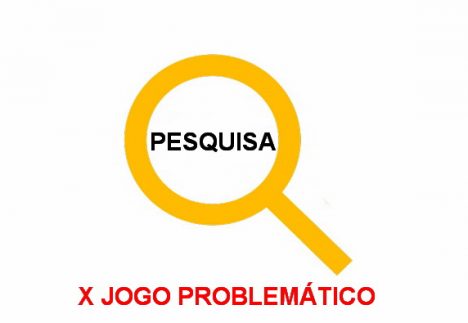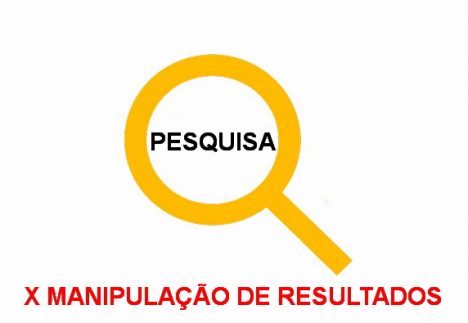The cocktail of new-found freedom at university, easy availability of borrowed money and the ever-present opportunity to gamble has driven some students to academic failure, bankruptcy and mental health problems.
Gambling is a growing issue for students at British universities. The Gambling Commission estimated that more than 100,000 students are in debt due to their habit, with one in four of those indebted beyond £10,000.
Stopping gambling is more difficult than it might seem. Online bookmakers have plied ex-gamblers with targeted ads attempting to lure them back, while thousands of people who self-excluded have still been able to access their accounts. Meanwhile, there is precious little support for this type of problem on university campuses, beyond traditional counselling. The issue was highlighted by the NUS last month when it partnered with Gamban, an app which blocks gambling sites.
Here, three ex-students describe how they became addicted to gambling at university and what can be done to prevent more young people falling into the trap.
‘I lied to family and friends to borrow money’
I would lose my student loan almost as soon as I received it. Hours of free time during the day at university did not suit me well. Every man and his dog in my year gambled; it was so widespread that among a group of friends you may be the odd one out if you haven’t had a flutter on a game you were watching. Soon, that bet on the football becomes an expensive, drunken night at the casino that you regret the next day. Then you’re always trying to make your losses back.
The late night rollercoasters of online gambling and casino trips took their toll and led to me not attending classes at university at all. You get depressed and it’s all downhill from there. Losing the money I relied on to live made university seem pointless and it altered my mindset to such an extent that I didn’t care about my education anymore. They were dark days and it still runs deep.
I ended up dropping out of university and working full-time to pay back thousands of pounds of debt. A large student debt was bad enough, but when that is coupled with payday loans, credit card and overdraft debt with a much closer deadline it really doesn’t put you in very good stead for normal life.
Gambling addiction can be hidden and lied away. I compulsively lied to family and friends to borrow money. I think universities should offer Gamblers Anonymous meetings. I was unable to get to a GA until after I dropped out, which delayed my recovery.
I self-excluded from websites throughout uni, which did stop me gambling with that specific company – but there is always another bookie lurking around the corner. I also self-excluded from a casino but soon after, due to regulatory changes, you didn’t have to give a name so there was never a doubt that I would be able to enter.
‘I lost more than £20,000’
I gambled as a form of escapism. I was incredibly bored and, on a deeper level, I wanted to distract myself from being emotionally honest because I wasn’t at all happy at university.
Universities need to be much more proactive in preventing addiction taking root. They need to raise gambling to the same level of conversation as that which already exists for drugs and alcohol on campus.
The poker society I was part of was offered £100,000 in bonuses from gambling sites in exchange for sponsorship. Yet there were no guidelines from the university or union with how to deal with these approaches – they are designed to get people addicted, not to help a fledgling poker society pay for blazers. I ended up losing more than £20,000.
Gambling is a distraction from everyday life. It’s like being in another universe. Theoretically, you are able to control events at a poker table, where you’re able to make controlled decisions – such as wagering a certain bet, at a certain time, in an otherwise uncontrollable environment. That’s a relieving feeling in the modern world.
As a problem gambler you don’t set out to lose money, what you’re doing is spending an amount you’re comfortable wagering, and if you lose that, for some people it ends there. It’s when £20 – which could be considered light entertainment – becomes £100, or £1,000 and soon you’re playing catch up to make back your losses. That’s why the bookies offer you a free £10 here, a free £20 there, because they know it gets people hooked.
Gambling addicts need the ups and downs of it, the ecstasy and excitement of winning and the crippling agony of losing. Flirting with the two is the thing that makes gamblers tick. The activity is one thing but it’s what it’s doing with your brain that’s the main thing. For me, I would rather have been losing and playing than not playing at all because if you’re trying to escape from your own mood, you would take the low – over the absence of a low. Left untreated, addicts seek a higher thrill – by betting more money – to get that euphoric, dopamine-driven high again.
I remember one day I played for 14 hours straight. There’s always a game of poker going on online and if you’re really into poker, why wouldn’t you play? I now have a piece of gambling exclusion software on my computer which helps me fight the urge to play.
‘My parents bailed me out of several thousand pounds in debt’
When you don’t have much money, it sometimes seems that you don’t have much to lose. Most gambling today is intertwined with compulsive smartphone usage as most betting is now done at the touch of a button. This is partly why it is a growing problem.
I played online poker over a long period. But because my losses were broken up by big wins, it took longer to see my behaviour as problematic and that it massively impacted all areas of my life. I had developed a serious gambling problem while I was at university. For me, becoming addicted was an incremental process. I started playing for pennies and at the end I was losing £1,500 in a single hand.
It’s an addiction that doesn’t at first have any visible effects and can be hidden by people who want to keep their gambling secret. Therefore, universities need to offer support in the same way they do in other areas because there is currently little to no support for this type of addiction.
Gambling at university was a burden that I, and many others, could easily hide. I certainly didn’t contact my university about my problem so more education on the addiction and visibility would help.
I attempted to self-exclude many times but often relapsed. The self-exclusions can be undermined by making new accounts, but this could easily be solved if every site required a picture of a passport and there was a central database of excluders.
It was only when I had a total block put on my devices, with the password held by my mother, that I was able to get over my gambling addiction. Eventually, I only avoided bankruptcy when my parents bailed me out of several thousand pounds of payday loan debt.
- Those affected by gambling addiction can contact the National Gambling Helpline at 0808 8020 133.
Source: The Guardian




























